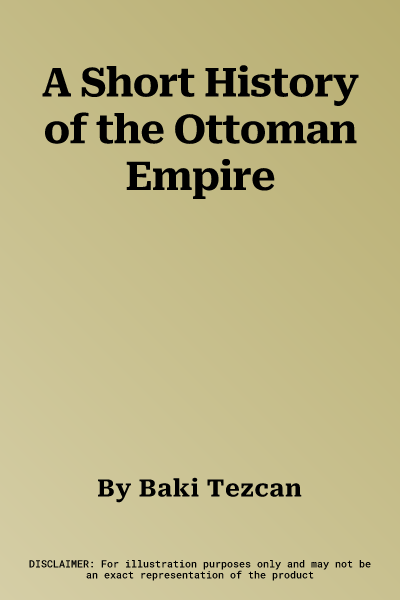At its height the Ottoman Empire embraced fifteen million people across
three continents. The conduit - of people, ideas and commerce - between
Europe and Asia for more than six centuries, the Ottoman imperium had by
1590 become one of the most powerful states in the world, expanding
territorially and threatening Vienna in the West and wresting Baghdad
from the Persians in the East. The story of its struggles against
Byzantines (culminating in the shattering fall of Constantinople in
1453), Hungarians and Habsburgs is one of the defining narratives of
European history. Showing why understanding the Ottomans, especially the
important shared heritage of the Balkans and Anatolia, still matter,
Baki Tezcan discusses the formation of the Ottoman state at the end of
the thirteenth century; Ottoman genius under enlightened sultan Süleyman
the Magnificent; military victories such as at Constantinople and
Belgrade, and defeats on sea and land at Lepanto (1571) and Vienna. This
timely survey explores government, economy, trade, religion and the arts
up to the founding of modern Turkey in 1922.

